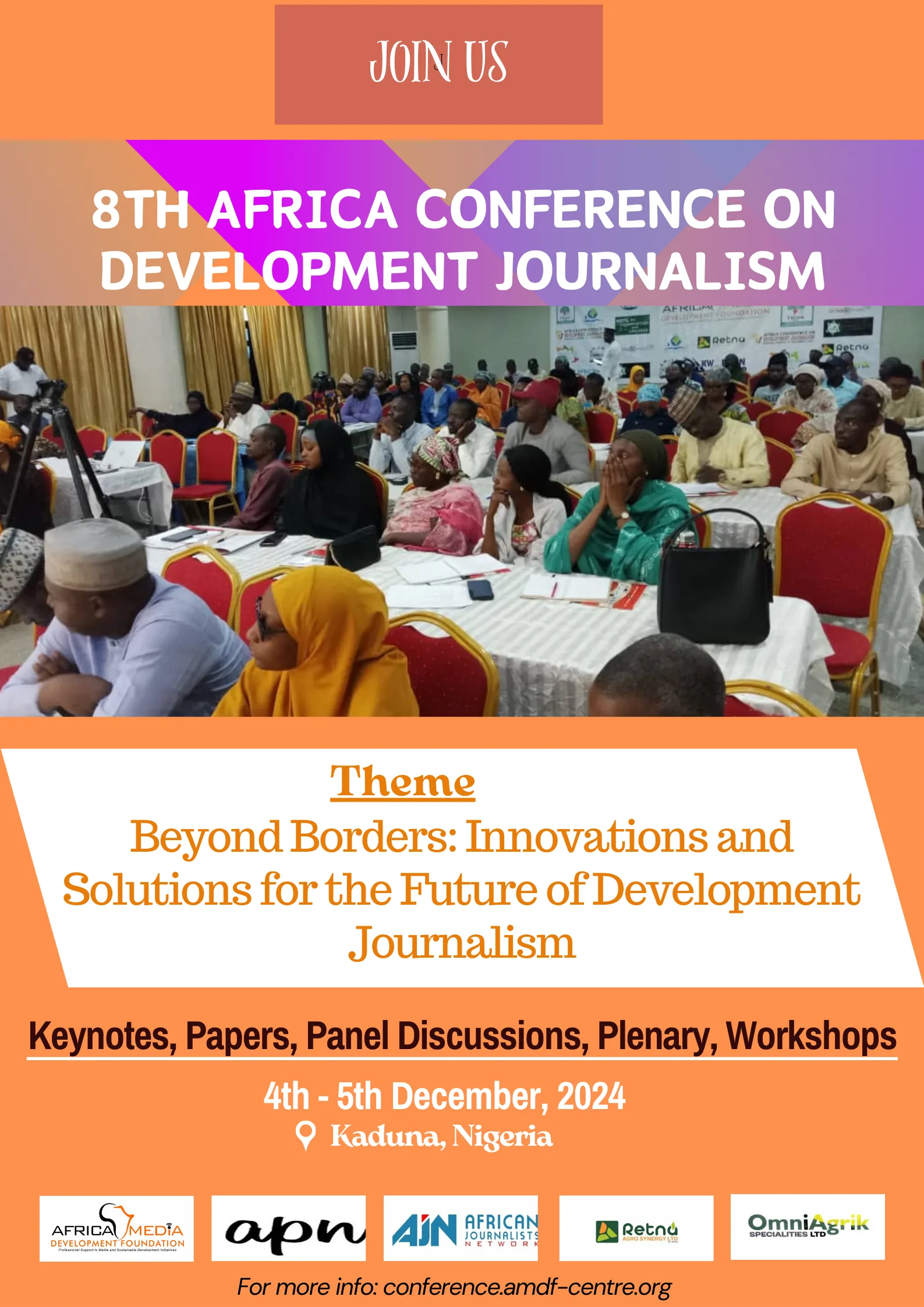By Justina Auta
An international NGO, Sightsavers Nigeria, has called for an end to geographical inequity by making eye health services accessible to remote, rural and marginalised communities.
Miss Joy Tarbo, Communications Associate, Sightsavers, made the call in a statement in Abuja in commemoration of the World Sight Day celebrated annually on Oct. 12 with a view to creating more awareness on different visual impairments.
The 2023 theme for the celebration is “Love your eyes at work”.
The theme was designed to promote and highlighting the significance of eye care at the workplace.
“Sightsavers is calling on global leaders to end the geographical inequity of eye health services.
“Everyone, including remote and rural communities, women and girls, people with disabilities, should have access to the services they need.
“Yet the availability of eye health services and products like glasses varies across and within countries.
“They are often easily accessible in urban areas but less so in other places and for marginalised groups,” Tarbo said.
According to her, at least 1.1 billion people have an untreated or preventable visual impairment globally, with Nigeria having an estimated 24 million people with vision loss in 2020 and only 3 ophthalmologists per a million people.
“This is lower than the World Health Organisation’s minimum recommendation of 4 ophthalmologists per a million people.
“Women account for more than half of blindness and visual impairments across the world compared to people without disabilities. “People with disabilities are also three times less likely to get the healthcare they need,” she added.
Dr Sunday Isiyaku, Country Director at Sightsavers said: “Eye health should be equally available to everyone.
“No one should be disadvantaged because of where they live, their gender, health, or background.
“But currently it is inaccessible for some sectors of society and even a luxury for those in urban areas.
“This needs to change. When we tackle these issues, children can learn, and adults can learn.
“Eye health equals a ripple effect on the lives of individuals, families, and communities, helping nations to thrive, reducing poverty and inequality.”
He added that prioritising and investing in eye health will enable the country to achieve Universal Health Coverage (UHC), the Sustainable Development Goals and meaningful development.
According to him, many Nigerians with visual impairments have benefitted from Sightsavers’ inclusive eye health project.
He plegded that Sightsavers will support the Federal Ministry of Health in launching the new national eye health strategy and with glaucoma toolkit.
“The national eye health strategy is a roadmap to improving eye health services.
“This strategy is a guiding document to steer the direction of eye health for the next five years,” he said.
Dr Selben Penzin, Senior Programme Manager, Eye Health at Sightsavers said: “We are already working with the government and other partners to improve eye health services and we commend their efforts.
“But more needs to be done to ensure eye health is captured in health planning, resourcing, and funding. Including people with disabilities, women, and other marginalised groups, community outreach.
“And a geographically spread workforce will help reduce disparity of access.” (NAN)
